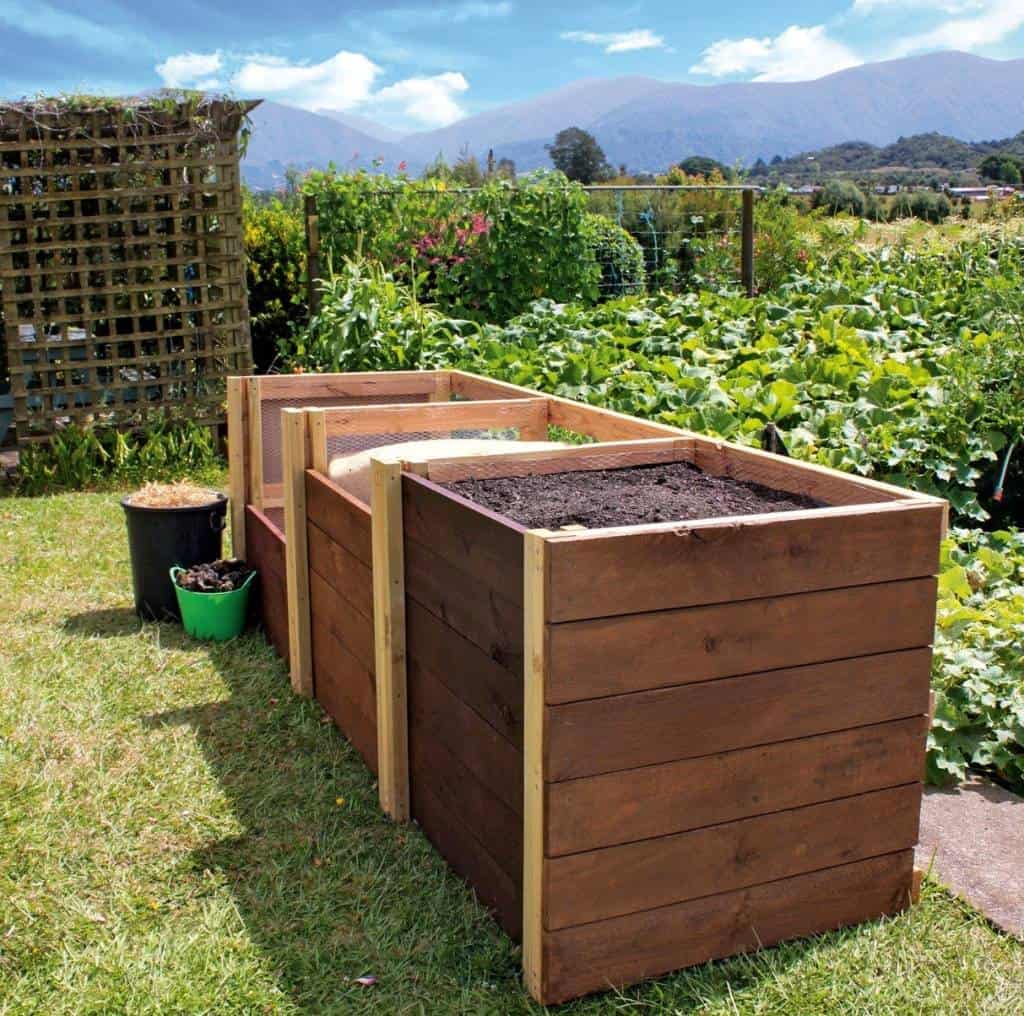Easy DIY Composting Bins for Small Spaces

Easy DIY Composting Bins for Small Spaces
Composting is like giving your waste a second life. It's a fantastic way to reduce waste and enrich your soil, especially if you have a small garden. But where do you start? Let's dive into the world of easy DIY composting bins for small spaces and explore some amazing ideas and composting tips.
Why Urban Composting Matters
In our urban jungles, space is a luxury. But that doesn't mean we can't make a difference. Urban composting helps reduce waste, improves soil health, and even saves you money on fertilizers. Plus, it's an excellent way to connect with nature right in your backyard or balcony.
Understanding the Basics of Composting
Before we get our hands dirty, let's understand what composting is all about. Simply put, it's nature's way of recycling. You take organic waste, mix it with some air and water, and voila! You've got nutrient-rich soil. For a detailed guide, check out the EPA's composting tips.
DIY Projects: Composting Bins for Small Spaces
Now, let's explore some easy DIY composting bins for small spaces. Remember, the key is to keep it simple and effective.
The Trash Can Composter
Got an old trash can lying around? Drill some holes in it for aeration, throw in your organic waste, and you're good to go. It's as simple as that. Just remember to give it a good mix every now and then.
The Worm Bin
Worm composting, or vermicomposting, is perfect for small spaces. All you need is a plastic bin, some bedding material, and red wiggler worms. The worms do all the work, breaking down your waste into rich compost.
Setting Up Your Worm Bin
- Drill small holes in the bottom and sides of your bin for drainage and aeration.
- Add a layer of bedding material like shredded newspaper or coconut coir.
- Introduce your worms to their new home.
- Start adding your organic waste.
The Pallet Compost Bin
If you've got a bit more space, like a small garden, a pallet compost bin is a great option. It's easy to make and provides plenty of room for your compost.
Building Your Pallet Compost Bin
- Stand four pallets up to form a square.
- Secure them together with screws or wire.
- Line the bottom with hardware cloth to keep critters out.
- Start adding your organic waste.
The Tumbler Compost Bin
Compost tumblers are perfect for small spaces. They're easy to use, keep critters out, and speed up the composting process. While you can buy one, it's also a fun DIY project.
Making Your Own Tumbler
- Get a large plastic barrel with a lid.
- Drill aeration holes all around.
- Install a frame to hold the barrel, allowing it to rotate.
- Add your organic waste and start tumbling.
Composting Tips for Small Spaces
Now that you've got your bin, let's talk about some composting tips to make the most out of your small space.
What to Compost
Fruit and vegetable scraps, coffee grounds, eggshells, and yard waste are all great for composting. But remember, no meat, dairy, or diseased plants. They can attract pests and spread diseases.
The Right Balance
A healthy compost pile has a good balance of carbon (browns) and nitrogen (greens). Too much of one can slow down the composting process. Aim for a ratio of about 3:1 browns to greens.
Keep it Moist
Your compost pile should be as damp as a wrung-out sponge. Too wet and it'll start to smell. Too dry and the composting process slows down.
Turn, Turn, Turn
Regularly turning your compost pile adds oxygen, which speeds up the composting process. It also helps distribute moisture evenly.
Troubleshooting Your Compost Pile
Sometimes, things don't go as planned. Here are some common problems and how to fix them.
It's Too Smelly
If your compost pile is too smelly, it's probably too wet or has too much nitrogen. Add some browns and give it a good turn.
It's Not Breaking Down
If your compost pile isn't breaking down, it might be too dry or not getting enough oxygen. Add some water and give it a good turn.
It's Attracting Pests
If your compost pile is attracting pests, you might be adding things you shouldn't, like meat or dairy. Stick to the basics and consider a bin with a secure lid.
The Benefits of Composting in Small Spaces
Composting in small spaces has plenty of benefits. It reduces waste, enriches your soil, and even saves you money. Plus, it's a great way to connect with nature and do your part for the environment.
Conclusion
Composting in small spaces is not only possible but also rewarding. With these easy DIY composting bins for small spaces and composting tips, you're well on your way to reducing waste and enriching your soil. So, what are you waiting for? Get started today!
FAQs
Q: What can I compost in a small space? A: You can compost fruit and vegetable scraps, coffee grounds, eggshells, and yard waste. Avoid meat, dairy, and diseased plants.
Q: How long does it take to make compost? A: It can take anywhere from a few weeks to a few months, depending on the method and conditions.
Q: Can I compost indoors? A: Yes, you can! Worm bins are a great option for indoor composting.
Q: How do I know when my compost is ready? A: Finished compost is dark, crumbly, and has an earthy smell. You shouldn't be able to recognize any of the original materials.
Q: What can I do with finished compost? A: You can use it to enrich your garden soil, make potting mix, or even brew compost tea for a liquid fertilizer.
0 Response to " Easy DIY Composting Bins for Small Spaces"
Post a Comment